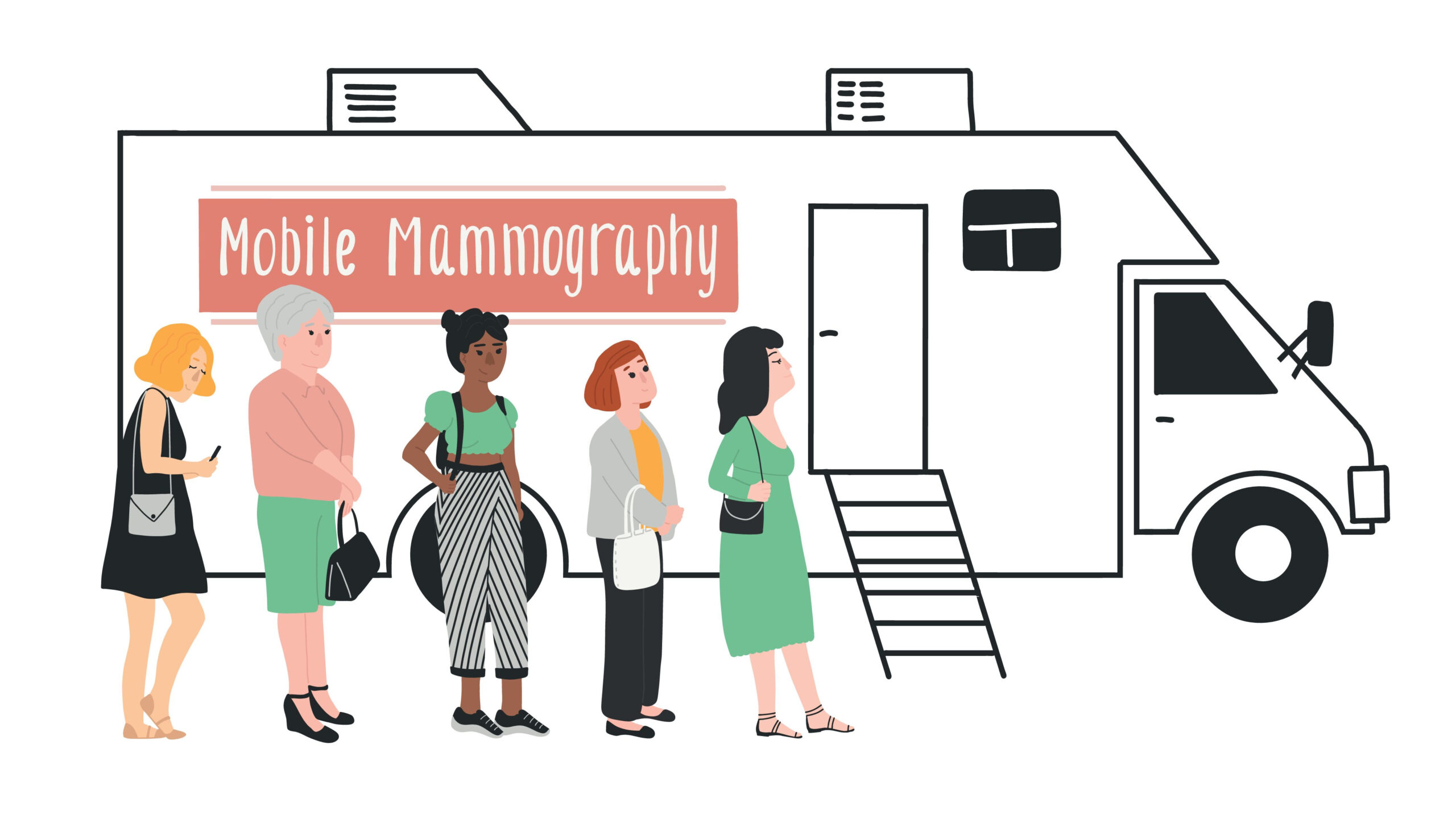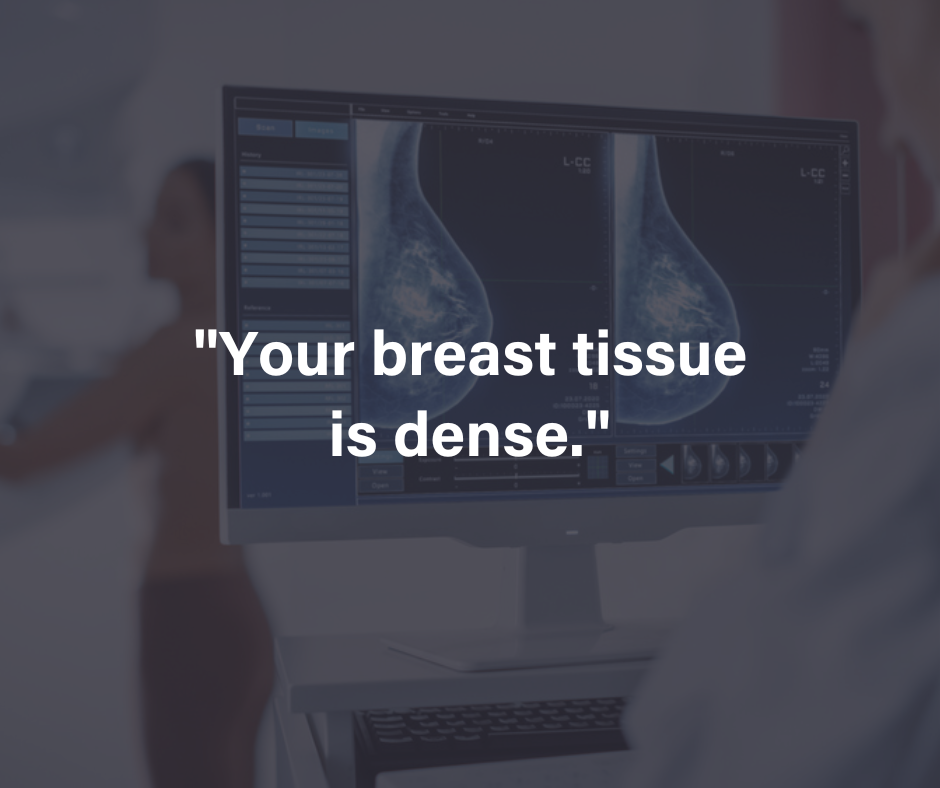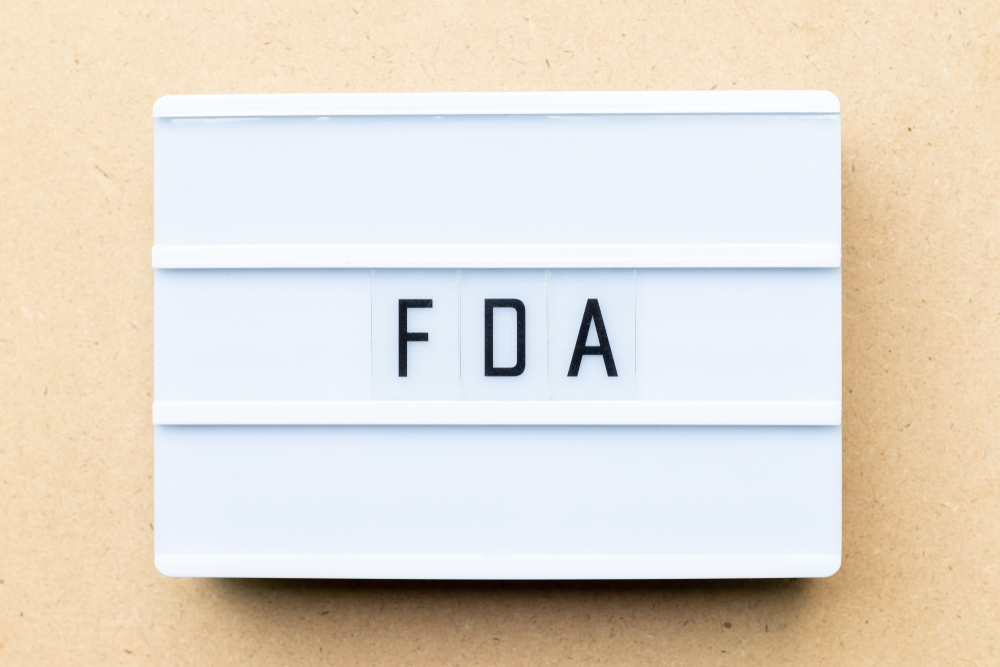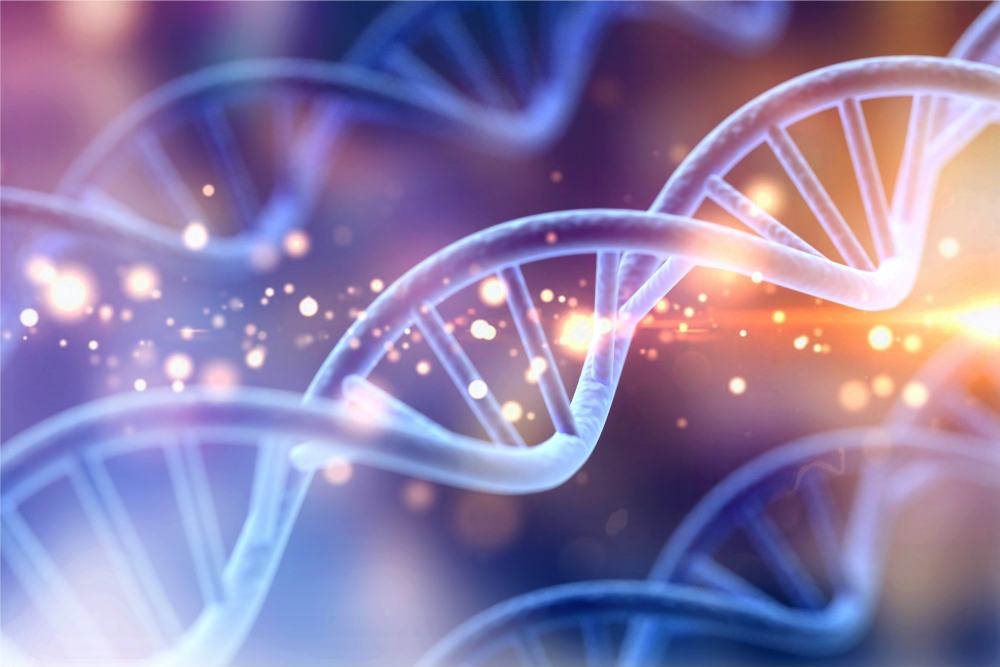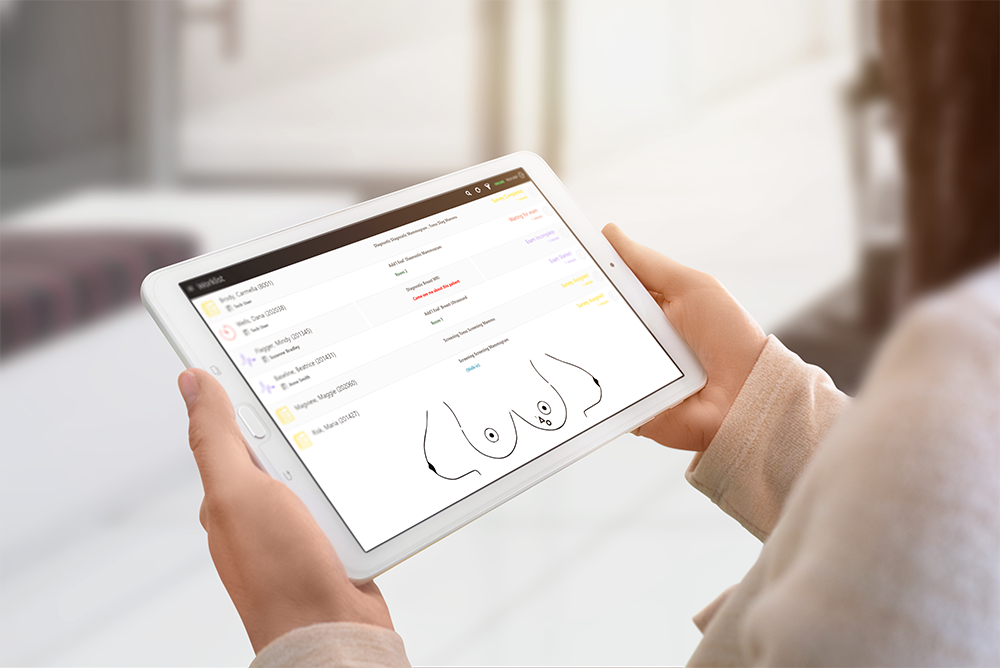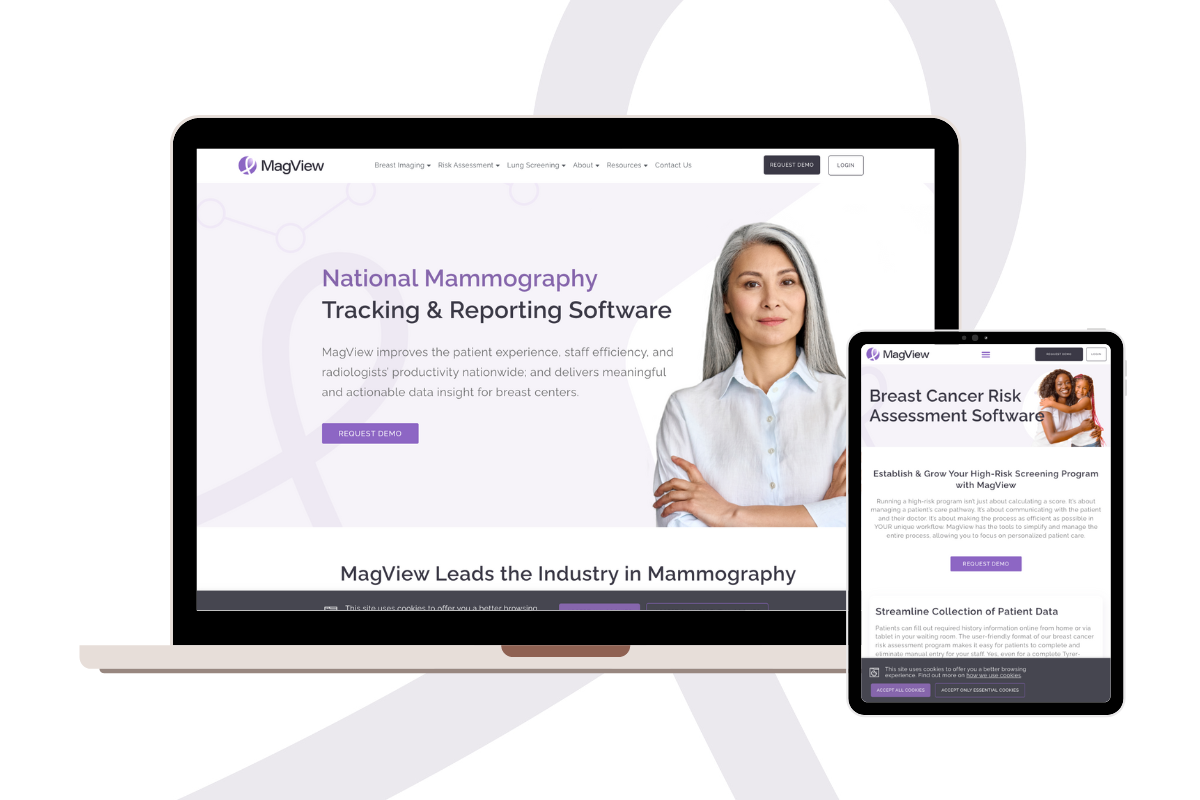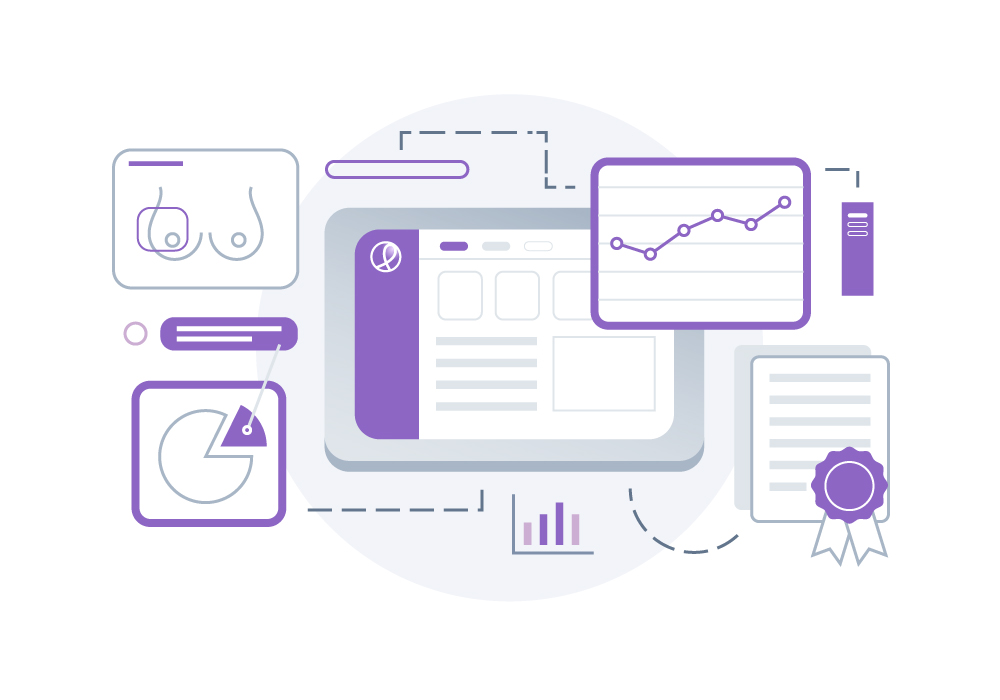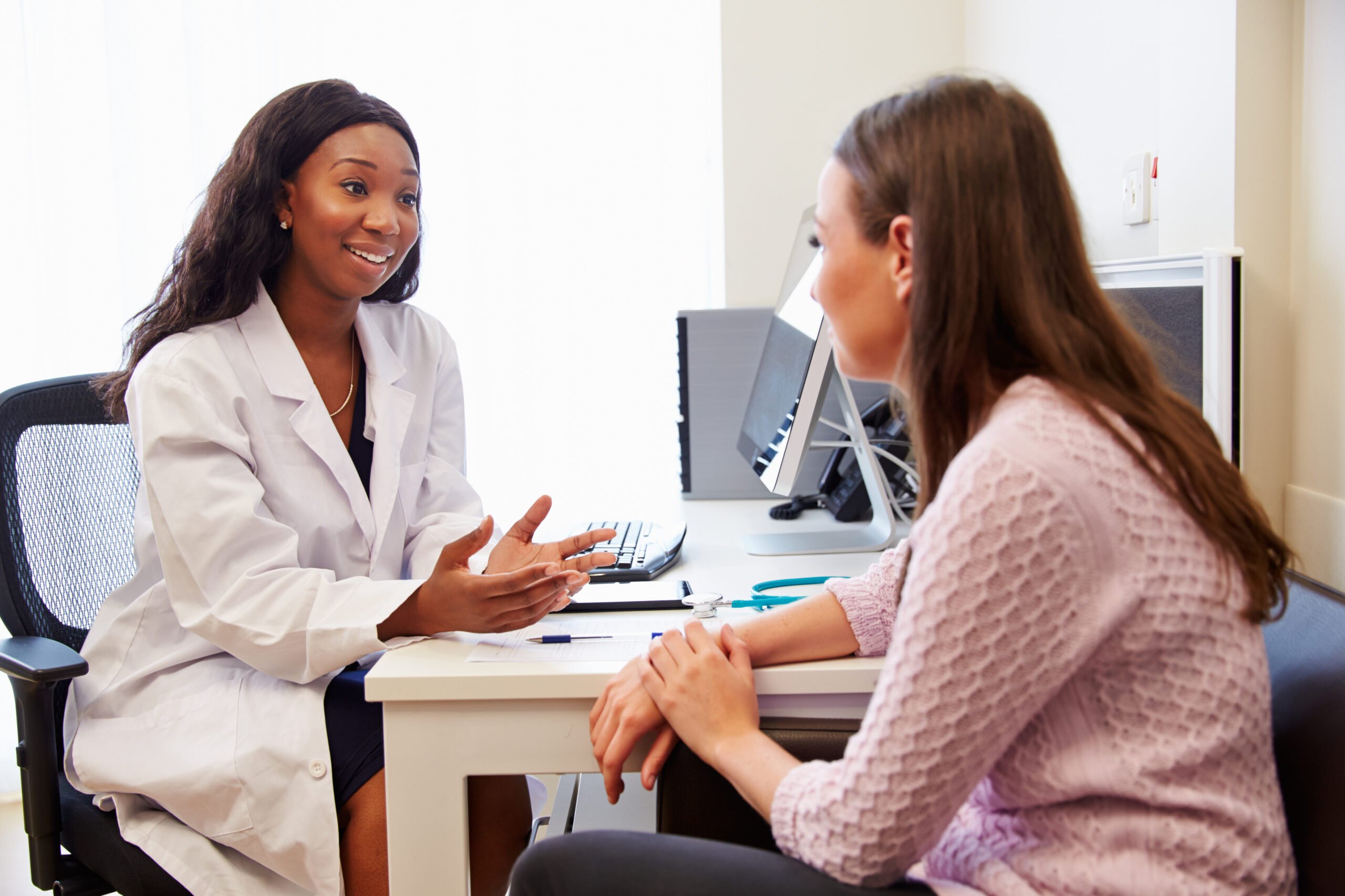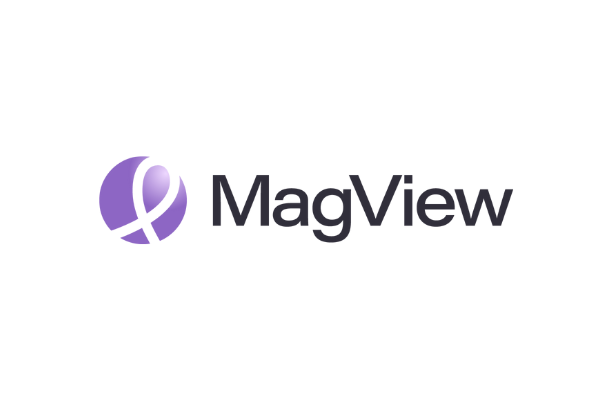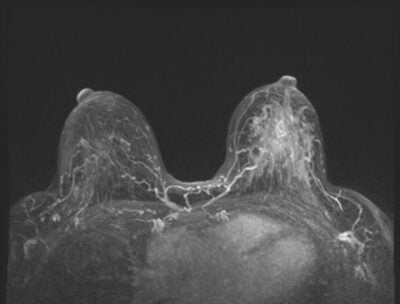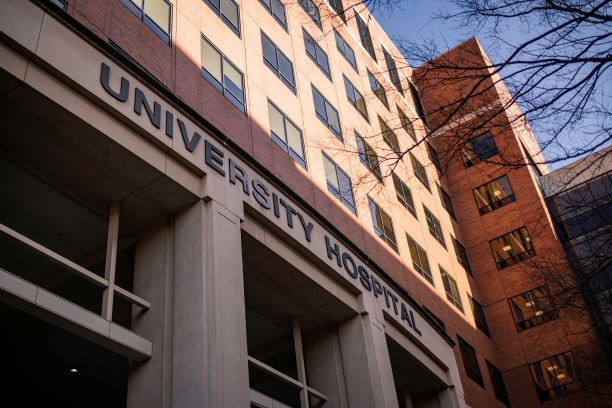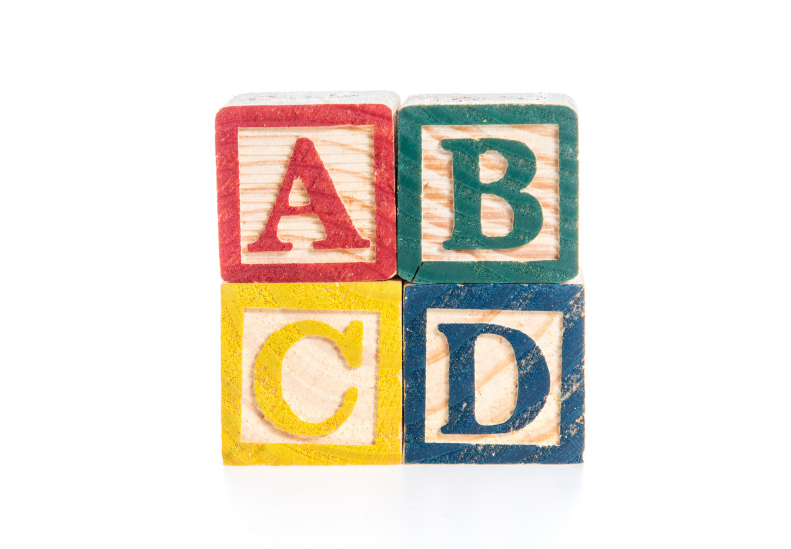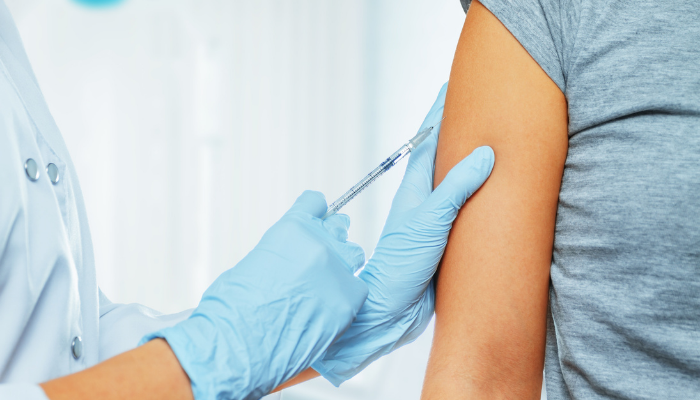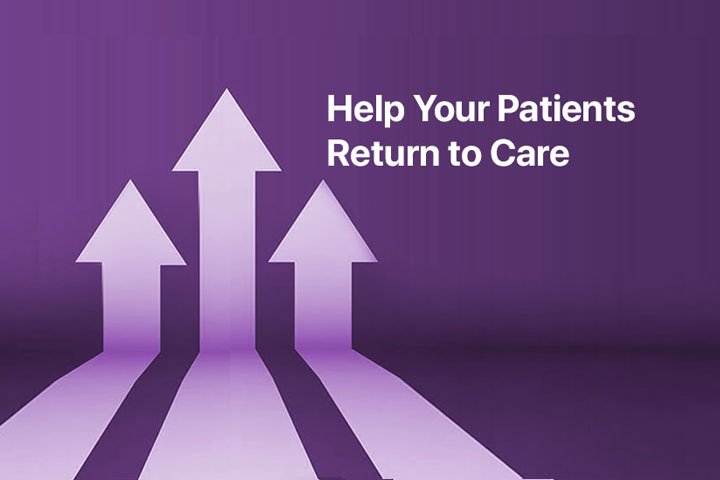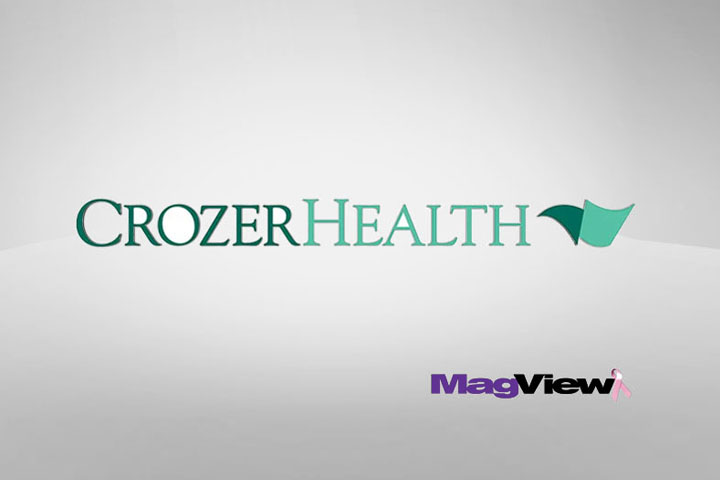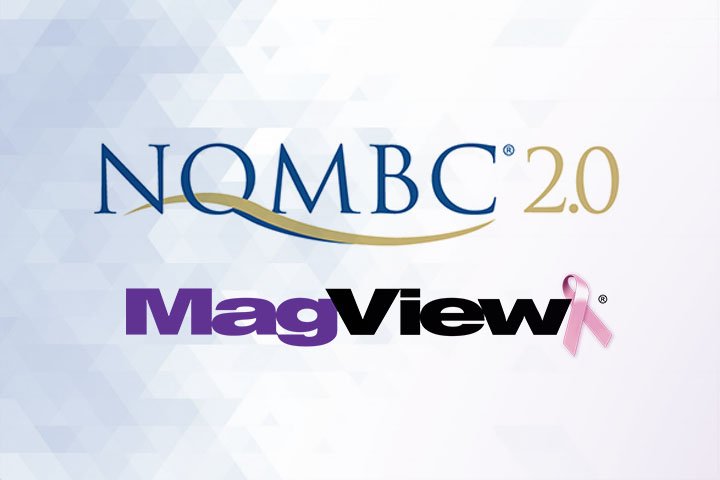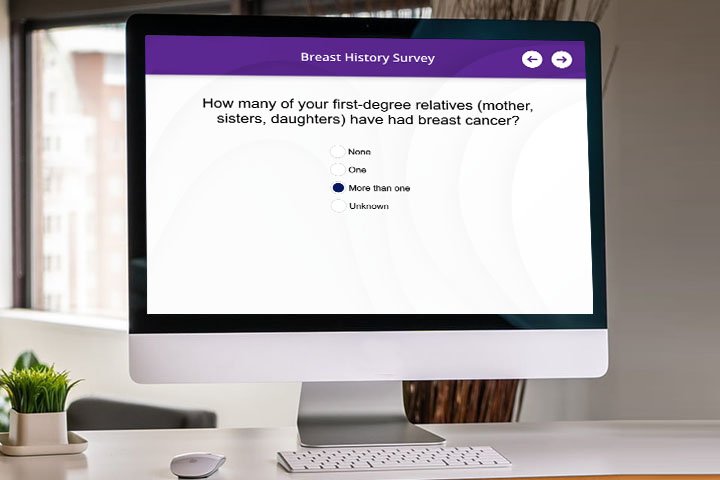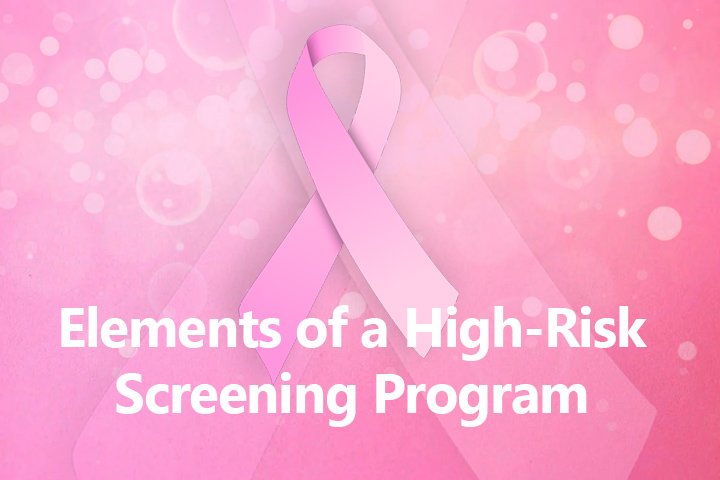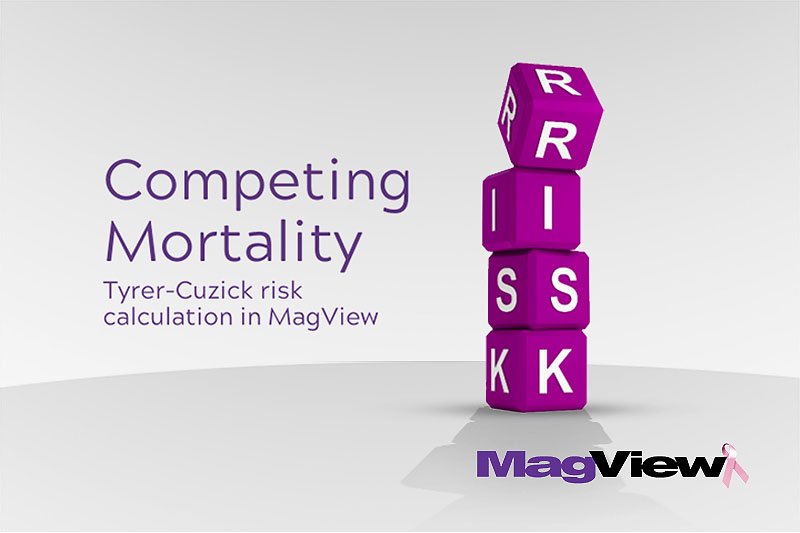There are a lot of misconceptions about the link between breast cancer and family history. In fact, the two are not strongly linked as many might think. If you’re wondering what your family’s history of breast cancer could mean for your future, we’ve highlighted some important information you should know here in this article:
Is A Family History of Breast Cancer Strongly Correlated to Breast Cancer?
If you have one family member with breast cancer, it doesn’t always mean that you will develop the disease later on in life. Statistically speaking, your risk will not increase greatly by having a family member be diagnosed with breast cancer. However, when you have two or more close relatives with the disease, your chances of also being diagnosed with breast cancer increase. These could be your grandmother, mother, aunt, sister, and/or cousin. The closer your family members with breast cancer are in relation to you, the greater your risk of developing the cancer.
If you have one of the few men who have breast cancer in your family, your chance of developing breast cancer also increases. If you have a family member who developed cancer in both of their breasts, this also increases your chances.
Family History of Other Cancers
It’s not just breast cancer history in your family that affects your chances of getting cancer—other cancers like ovarian and even prostate cancer also increase your likelihood of developing breast cancer. If your family members received their cancer diagnosis early in life (before age 50), your risk of developing breast cancer goes up. If you have more than one of any of these cancer-related risks factors in your family, your chances continue to rise.
Gene Mutations
There are certain gene mutations that may be linked to breast cancer. Mutations of BRCA1 and BRCA2 have the strongest link to breast cancer. Damaged ATM, TP53, PALB2, and CHEK2 genes also tend to be found in people who have breast cancer. You can see some of these gene mutations by getting a blood test. You can even get a more in-depth look at what gene mutations you may have through a panel test.
However, just because you have one of these gene mutations does not necessarily mean you will develop breast cancer. Sometimes, these gene mutations are found in multiple family members who have breast cancer.
Other Risk Factors that Aren’t Family-Related
It’s important to remember that a risk factor is not the same thing as a cause. There are many risk factors outside of family history that make you more likely to develop breast cancer. Two of the strongest risk factors for breast cancer are your age and the density of your breast tissue.
Other risk factors include a lack of exercise, excessive alcohol drinking, and obesity. So, although you can’t control your family history, one of the best ways to combat breast cancer is to make sure these risk factors don’t apply to you. Stay active, make sure you’re getting plenty of nutrients, and avoid unhealthy foods. Don’t smoke and limit your alcohol intake. By maintaining a healthy lifestyle, your chances of breast cancer will decrease.
Cancer Screenings Based on Family History Risk Factors
If you have a strong family history of breast cancer, you should get more frequent mammograms and start getting mammograms earlier than those that don’t have a family history. Your personal needs for cancer screenings may be very specific, and you should talk to your health care provider before you decide to start getting tested for breast cancer. However, there are some general guidelines for you to follow:
As a general rule of thumb, you should start getting mammograms ten years younger than the age of the youngest person in your family who developed breast cancer and you should start getting breast MRIs at the same time. However, 30 is the earliest age you should be getting your first mammogram, and 25 is the earliest age that you should get to a breast MRI.
One way that you can figure out when the right time is for you to be getting these exams is by visiting a genetic counselor. A genetic counselor can help you make a more informed decision about what types of cancer screenings you should be considering when you should be getting them, and how often.
Family History Risk Assessments
If you’re interested in getting a more precise answer, an option is getting a family history risk assessment. To get truly accurate results, you’ll need to have detailed information about your family’s medical history, not limited to your family history with cancer. You’ll need to know when your extended family members have passed away and what the causes were. You’ll also need to know how old they were when they received their serious medical diagnoses and how long they had that illness before they passed away. Knowing how each member is related to you is important, as the health provider may be able to start seeing patterns in your family history.
Of course, no one, no matter how much of an expert they are, can definitively tell you whether or not you will develop breast cancer. But a professional can tell you your approximate level of risk. Your results will fall into one of three categories: average risk, moderate risk, or high risk. After you’ve gotten your assessment, your health care provider can help you figure out what risk-reducing lifestyle changes or procedures are right for you.
Thinking about the possibility of getting cancer can be scary. But it’s important to remember that just because one—or even more than one—of your family members receives a breast cancer diagnosis, it does not mean your risk of developing breast cancer is inevitable. It’s important to know your risks, but nothing is certain




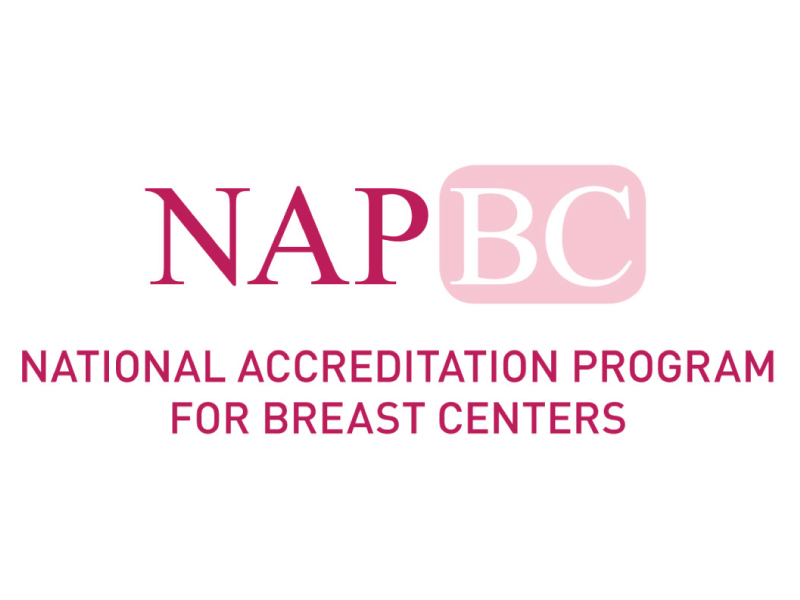
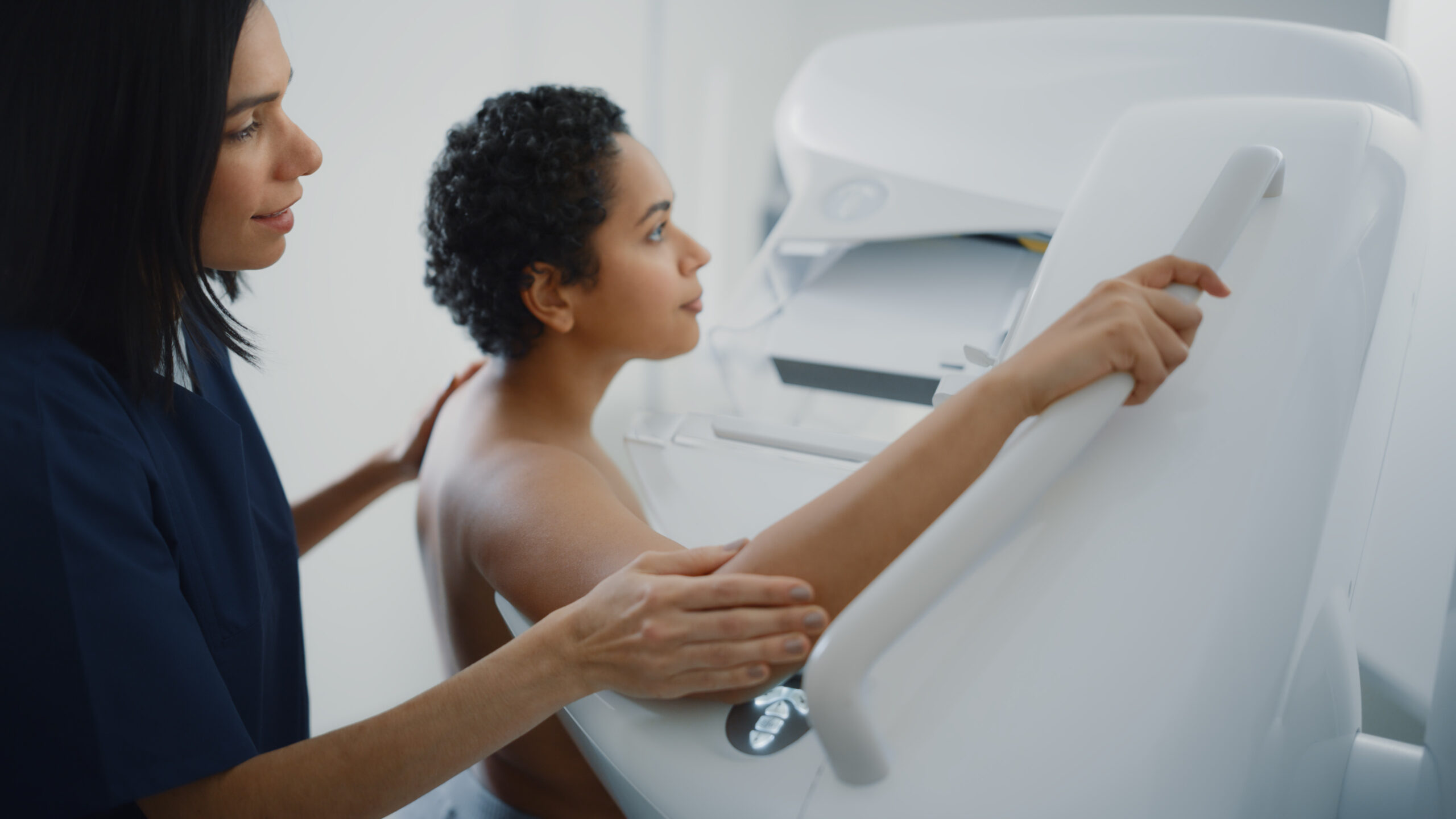
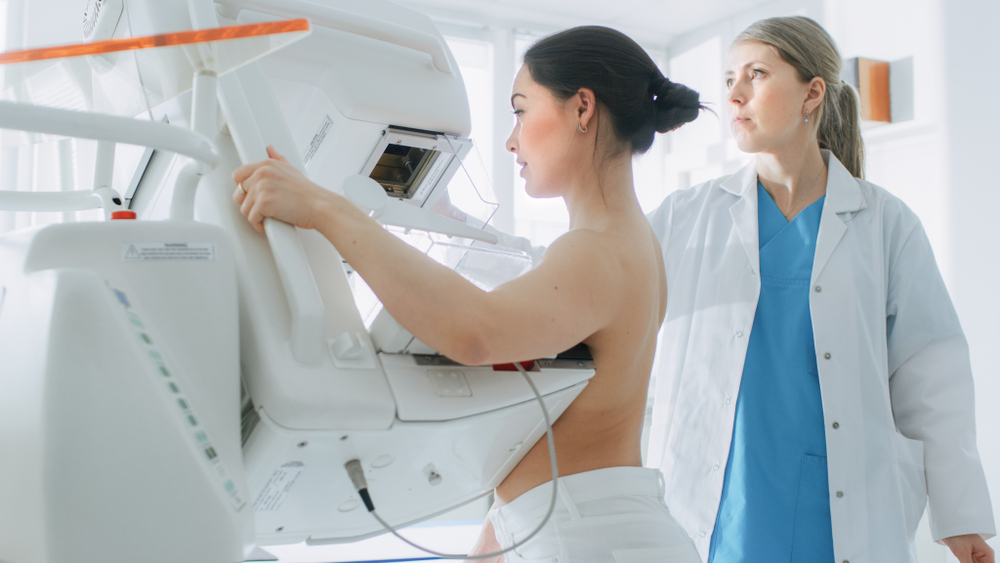
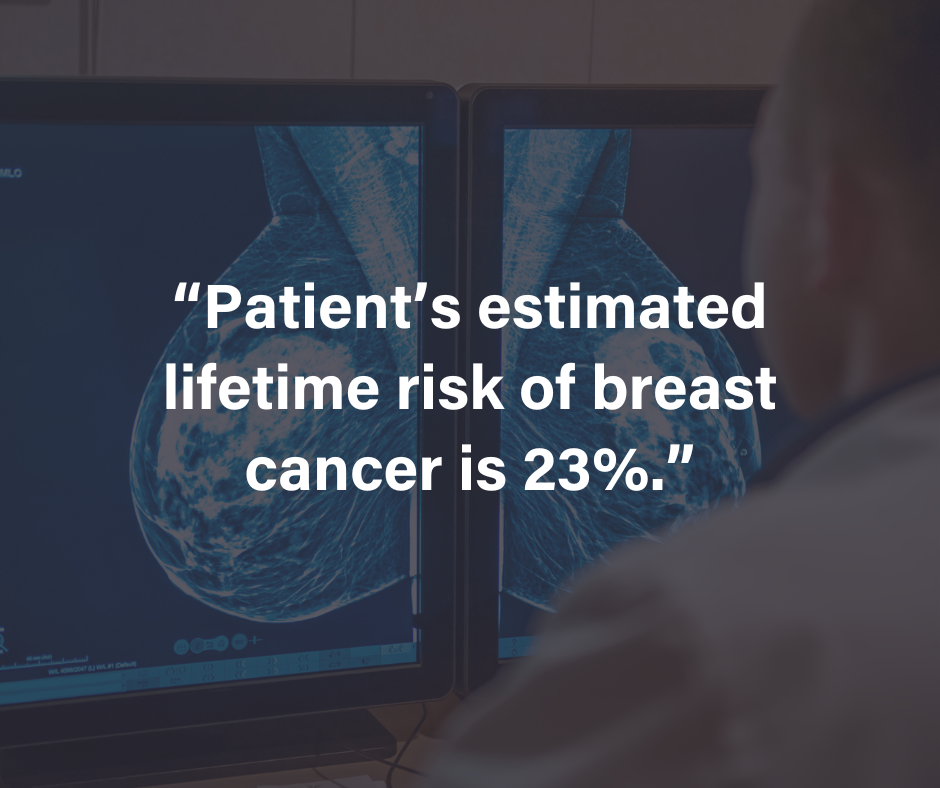
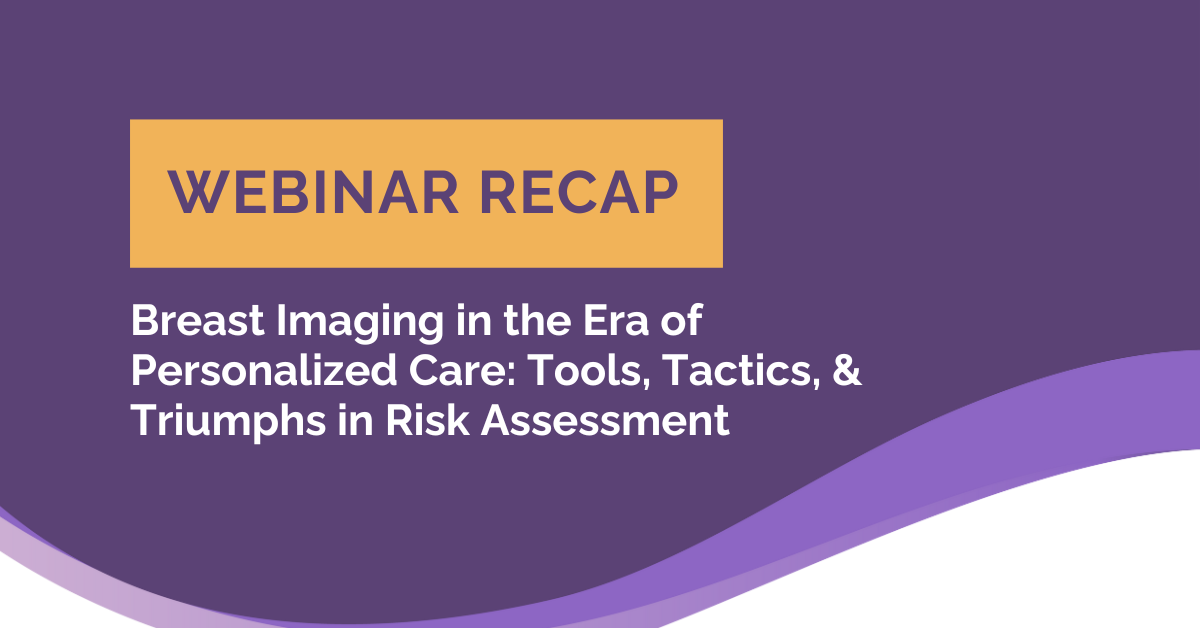
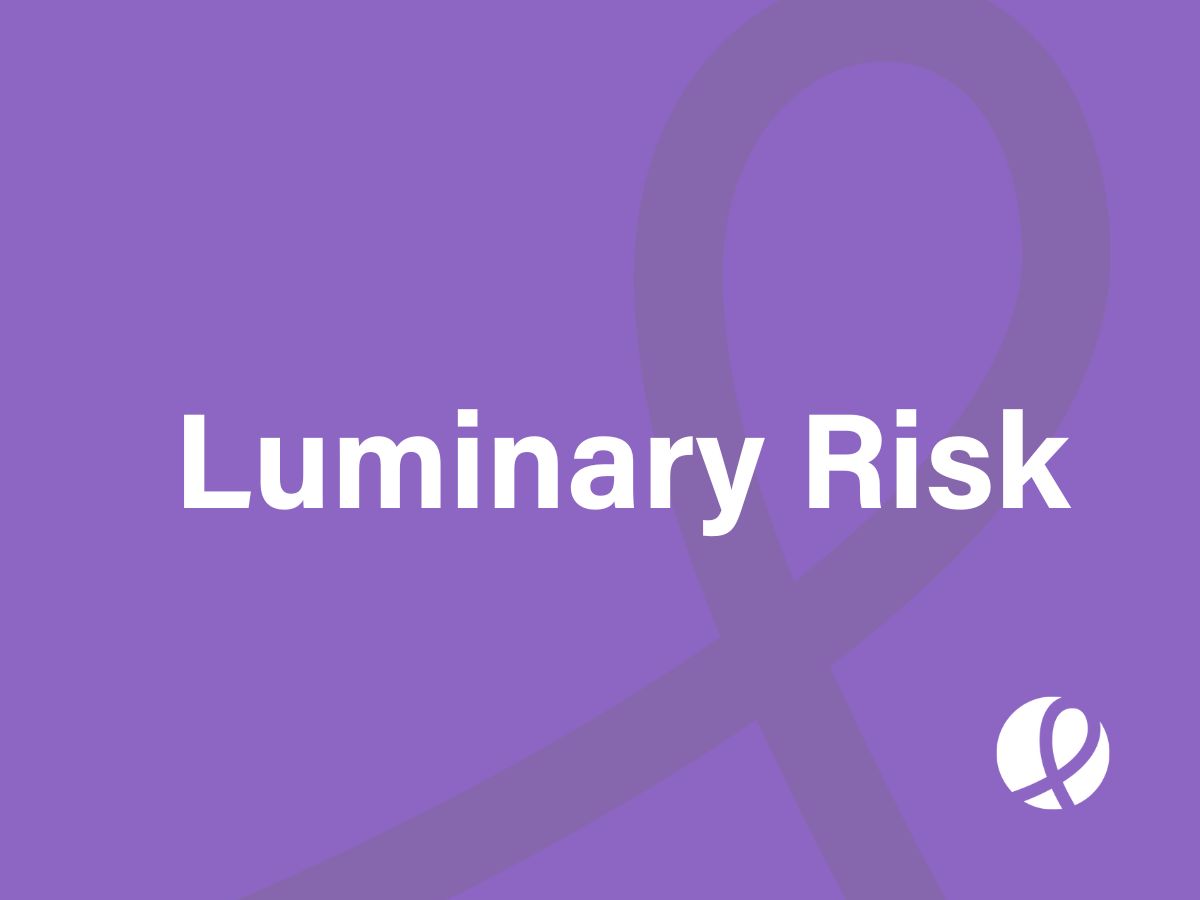


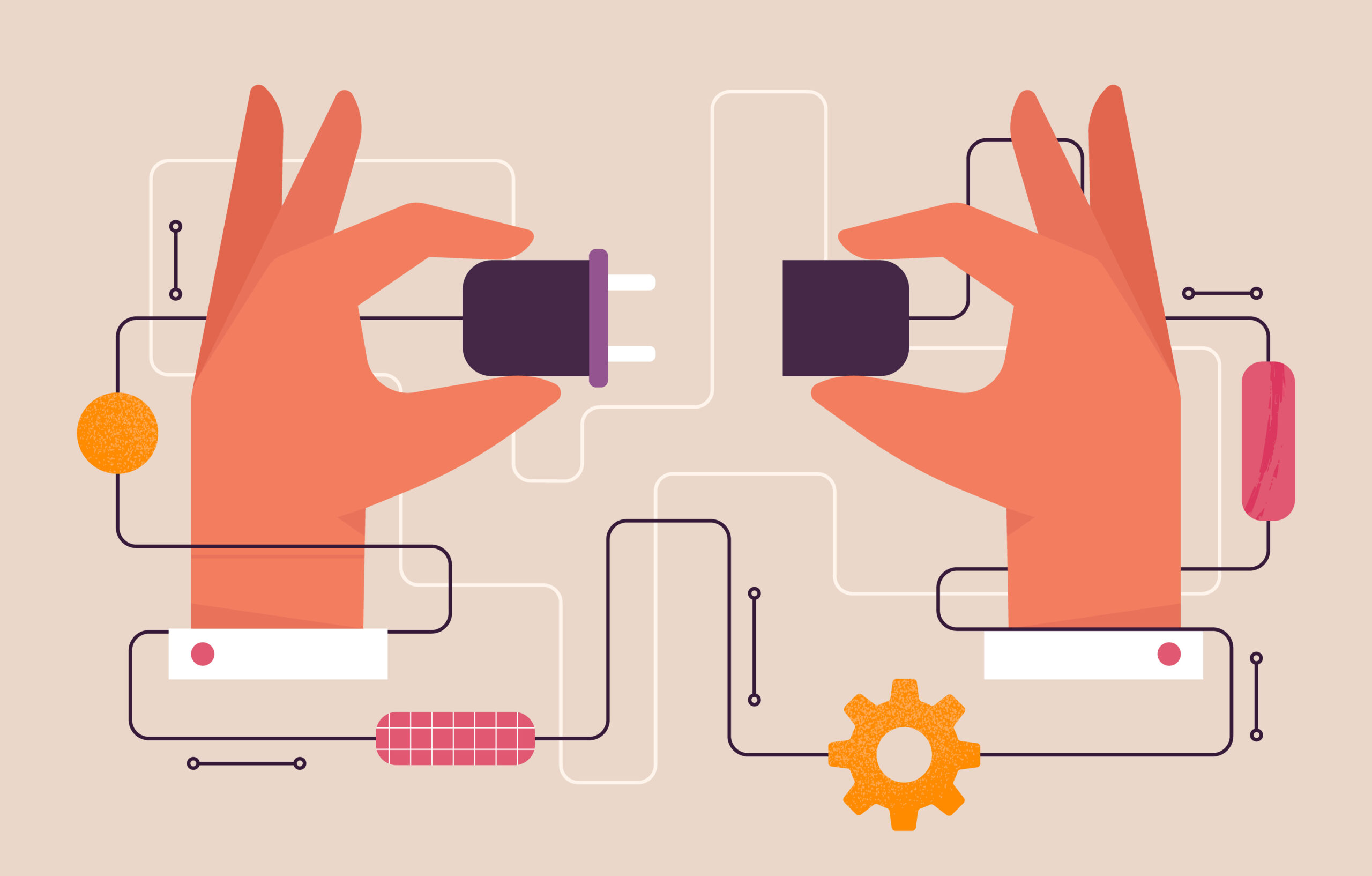
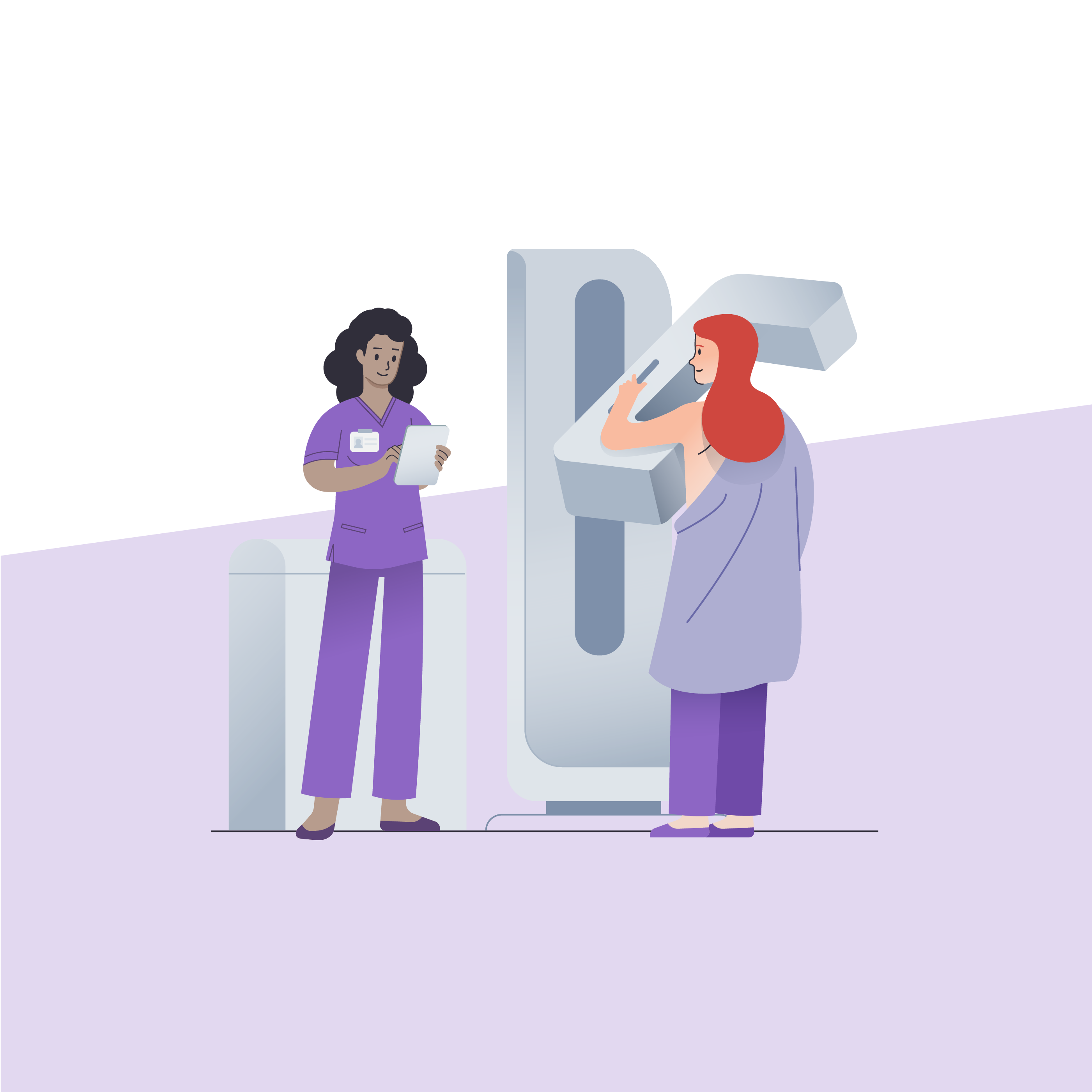

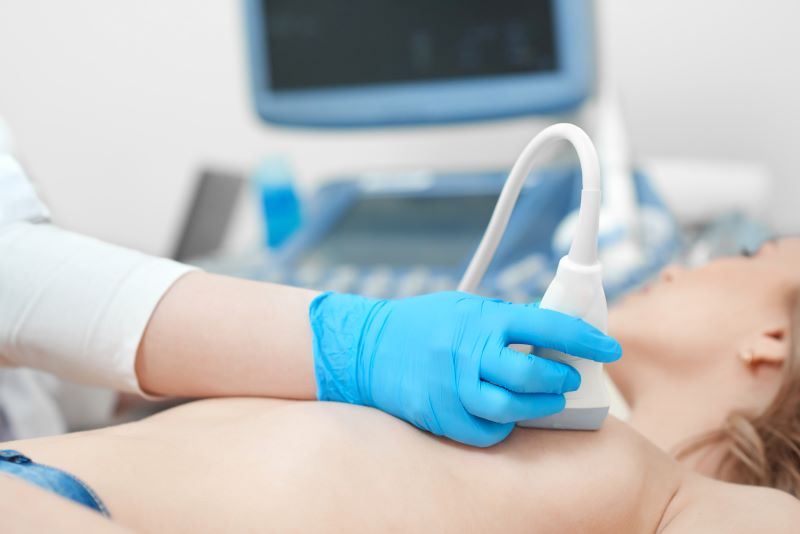
![monitoring breast density shutterstock_1299510538-[Converted]](https://magview.com/wp-content/uploads/2023/05/shutterstock_1299510538-Converted.jpg)
